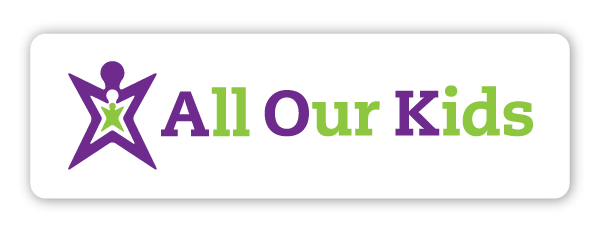2023 Family Resource Changes
In late 2022, DCF unveiled changes to its Family Resource policies. The Family Resource Department is the group of people who license and support foster and preadoptive families (including kinship families). Policies relating to Family Resource are being "unbundled" in two ways.
Family Resource Policy
First, the "Family Resource Policy" document - the guidelines that govern the work of the Family Resource Departments - were all previously written within a single document. Now these policies will be separated into two: 1) Licensing and Training and 2) Supporting Families.
Why two policies? DCF states: "The process of training and licensing a new foster home felt like a separate topic from the ongoing work needed to support an existing foster family. Given the emphasis we want to place on providing ongoing support for our foster families, we felt that this piece of the work deserved a separate policy. This left us with two policies: One policy covers the recruitment and licensing of new foster parent applicants, as well as the assessment of current foster parents. The second policy covers ongoing foster parent supportive services."
DCF continues, "In an effort to reduce Department jargon in our policies, we renamed the term 'unrestricted families' to 'foster family' and combined 'child-specific families' and 'kinship families' under the single term 'kinship families.'" So from now on, there are only "foster families" and "kinship families."
Family Resource Worker Positions
The current role of Family Resource Worker is being replaced with 3 new roles. The duties of a current family resource worker have been divided between these three new different positions, and this will allow each position to specialize and focus on their assigned duties:
- Licensing and Training Social Workers assesses the caregiving capacity of foster parent applicants and will do assessments on current foster parents when needed. The LTSW will be affiliated with the regional office.
- Foster Family Support Workers supports unrelated foster parents in their role of caring the foster child(ren) placed in their home. The FSW will be affiliated with the area office.
- Kinship Social Workers assists kinship foster parents along their journey as caregivers to a foster child who is also their family member, given their unique needs. The KSW will be affiliated with the area office.
- Licensing and Training Social Worker
- Foster Family Support Worker
- Kinship Social Worker
Lastly, from DCF: "These three positions will all work together to onboard and support foster parents and help them support the foster children placed in their home. They will interface with ongoing, intake, and response units to assess safety and clinical concerns in the foster home and support child well-being. Everyone will work together across units and across offices to ensure that everyone has the information they need to make clinical decisions about foster homes. We still have Recruiters who will do the recruitment piece and will do the application review."
How Will This Affect You?
If you were a foster parent before these changes took place, you'll notice a reshifting of personnel, which means your Family Resource Worker might change. Additionally, your Family Resource Worker (who is solely responsible for supporting your family) will be different than the one who will conduct your annual or biannual re-licensing. Resource Workers will now be expected to visit your home monthly, rather than bimonthly. DCF is also encouraging workers to meet jointly, with the Family Resource Worker and the Child's Worker visiting the foster home simultaneously. Although some workers were already coordinating in this way, the intent is to reduce the burden on foster home and provide better communication between teams.
To learn more about these changes, reach out to your Family Resource Worker, All Our Kids, or your Family Resource Liaison through KidsNet.

